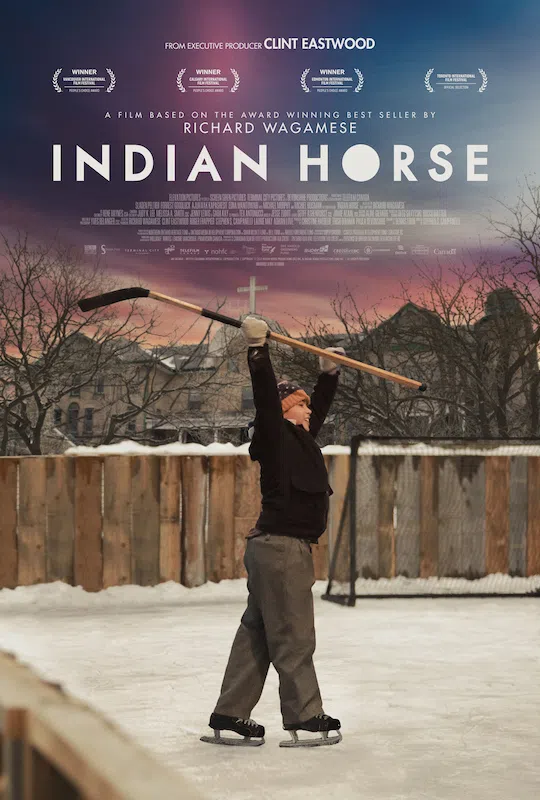
The beauty and necessity of a story well told
KAMLOOPS — I have been looking forward to seeing the movie Indian Horse from the day my friend Richard mentioned the possibility of it happening. That was a few years ago. He was humbled and beyond happy. He was giddy with joy, and who could fault him for that.
The book carries a powerful story within it, anyone who has read it knows that. Though fictional, much of what lives on those pages pertains to heartbreaking true stories that residential school survivors in Canada have lived through. Also, to the racism that still lives and breathes in our society. As for the optimistic view that racism is almost a thing of the past, let’s not kid ourselves. We’re still handling it like a hot potato, which is why Richard Wagamese’s books and others like it are needed. Moreover, they are vital.
Fast forward to Saturday evening when the Paramount theatre screened Indian Horse as the closing feature of the Kamloops Film Festival. If there ever was a movie that could close the festival with a big bang, this was it. It’s a movie that carries a lot of beauty, pain and hope. It carries the shadows and it explains why the stigma of addiction adds to the heaviness of it all, while what we should be striving for instead is lightness brought on by non-judgment.
It’s been a year since Richard moved on. I wrote then about his legacy, not just as a writer but as a dear friend. He is missed, without a doubt, and seeing the movie brought his memory back in a way that I had not anticipated. He was present in every frame. Though his way with words was a gentle one, a song of sorts that he put together through each story he wove, the words that surface as the movie unravels create a storm that aligns with the one the Truth and Reconciliation chapter of Canadian history has created.


